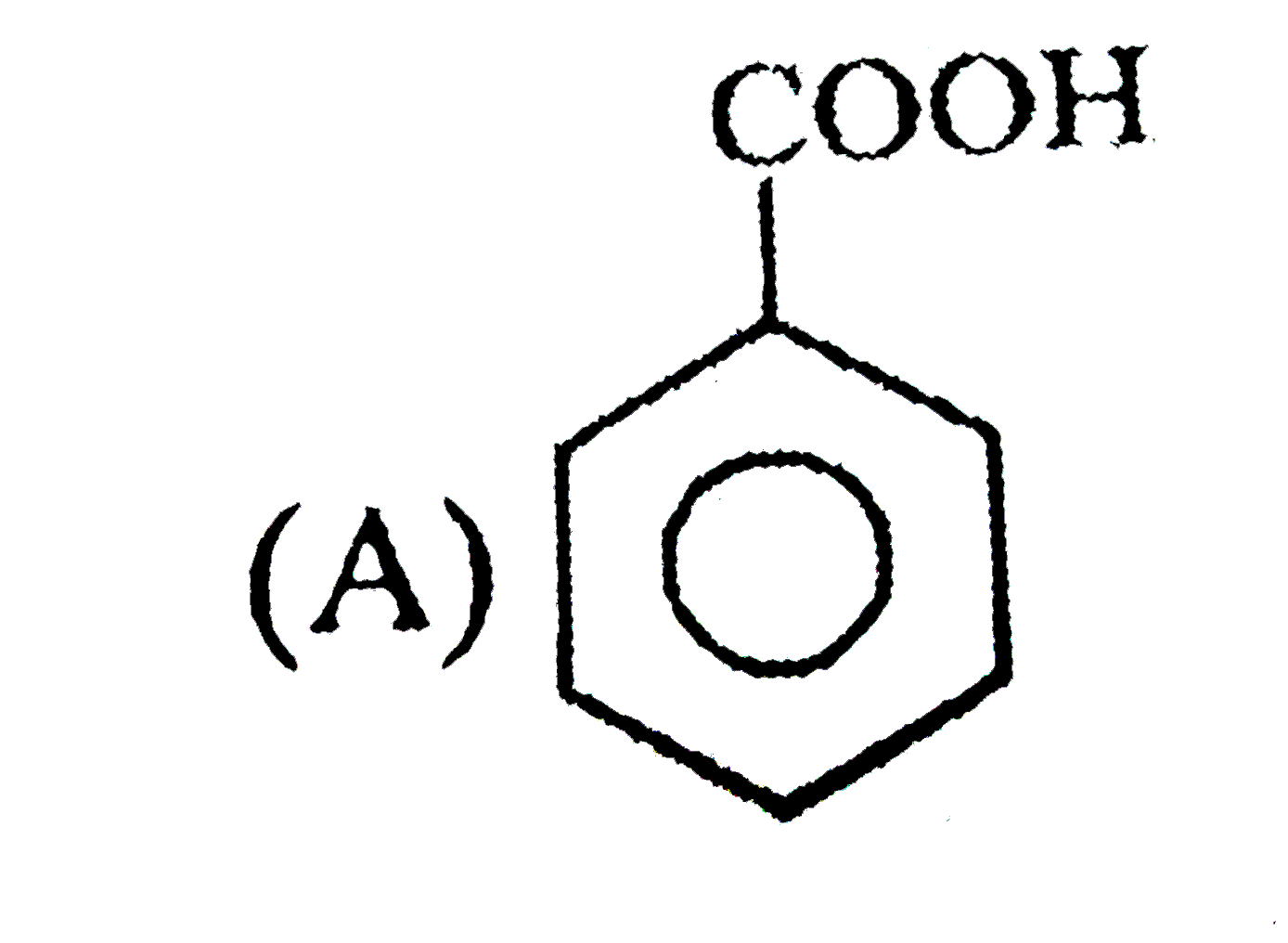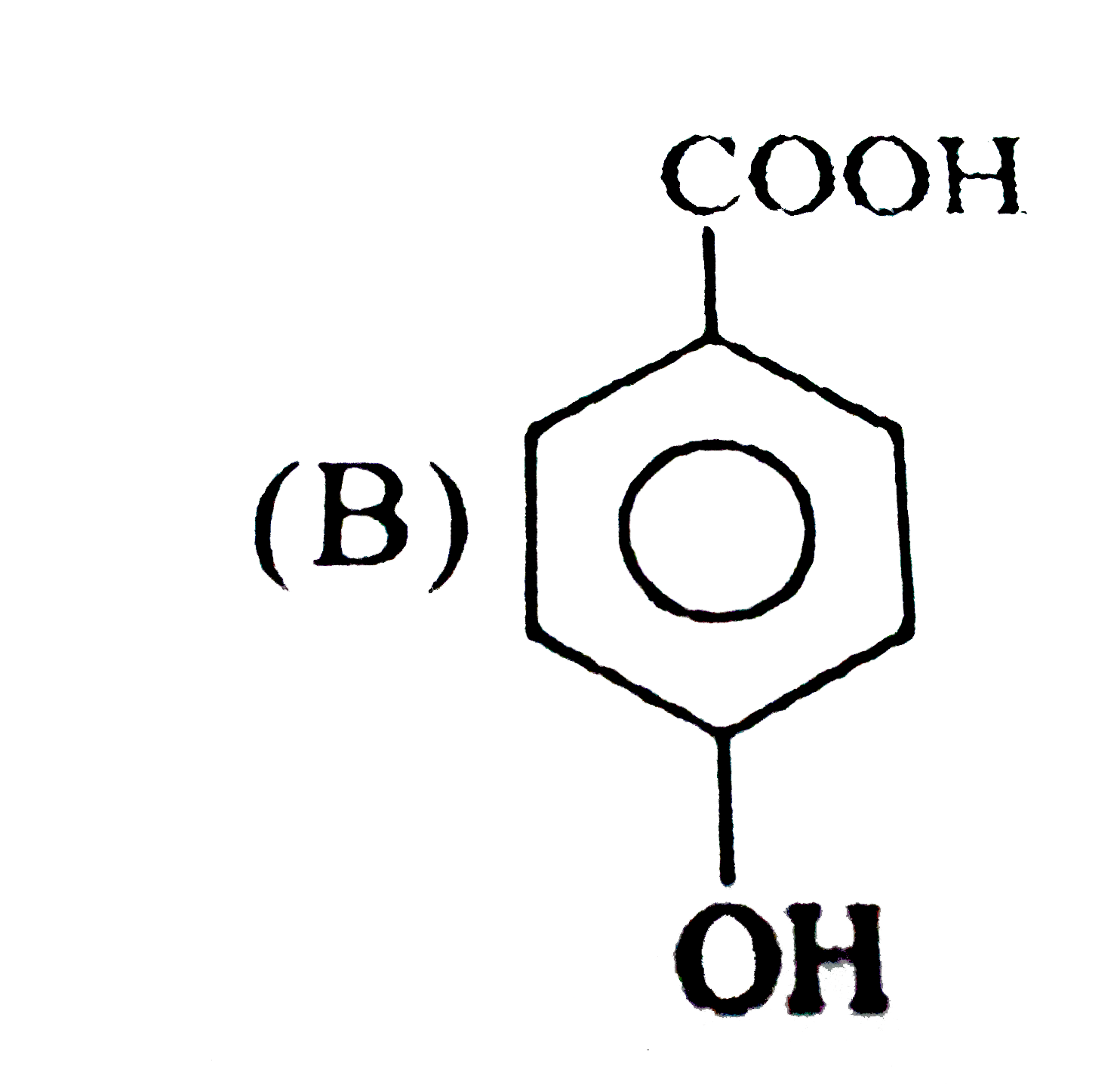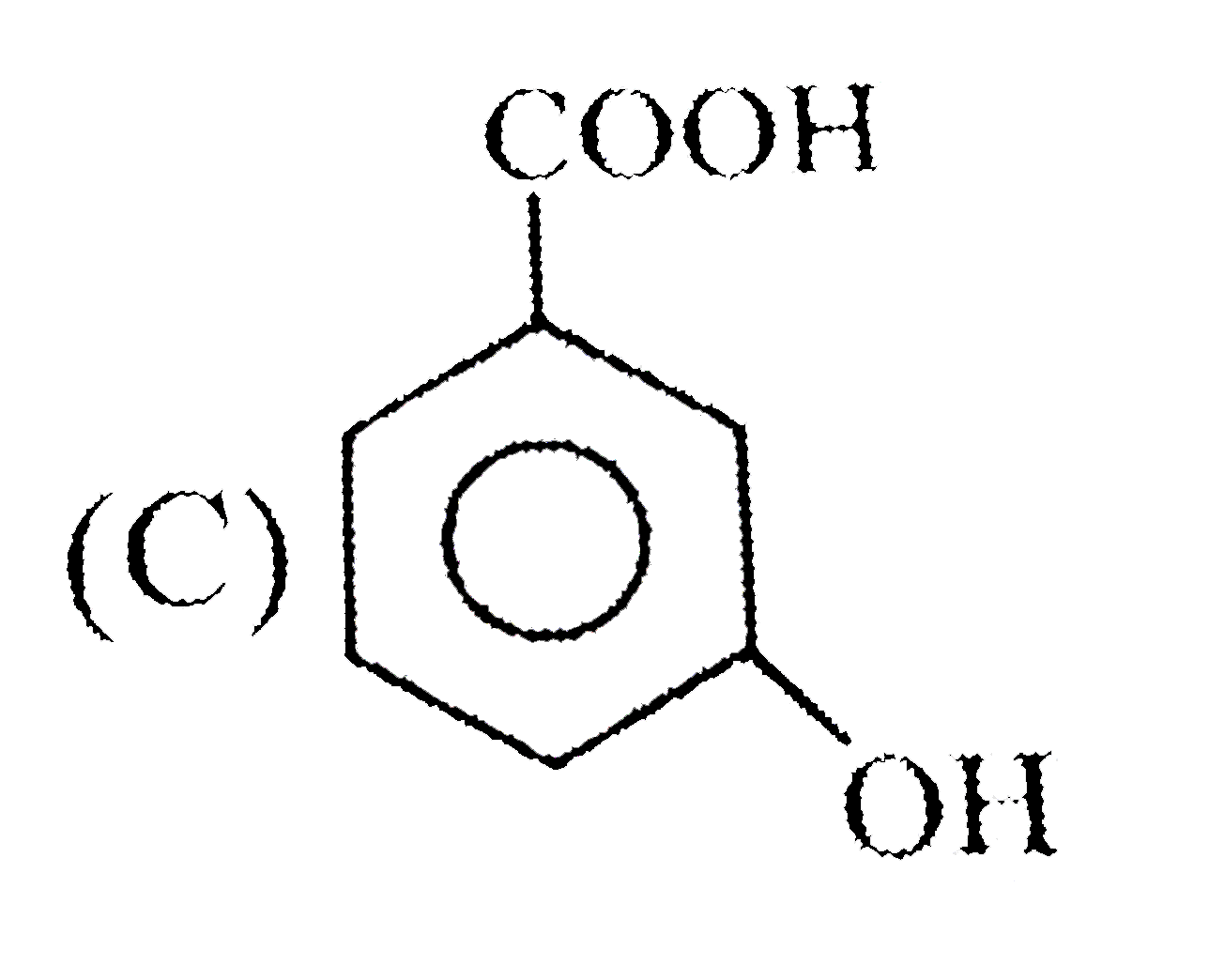Which of the following is weakest acid?




The correct Answer is:B
To determine which of the following is the weakest acid, we need to analyze the acidic strength based on the ability of the acid to ionize and the stability of the resulting anion. Here’s a step-by-step breakdown of how to approach this question:
Step 1: Understand Acid Strength
Acid strength is determined by how easily an acid can donate a proton (H⁺). The more stable the anion formed after the proton is lost, the stronger the acid.
Step 2: Identify the Acids
List the acids provided in the question. For example, let’s assume the options are:
1. Acetic acid (CH₃COOH)
2. Formic acid (HCOOH)
3. Citric acid (C₆H₈O₇)
4. Benzoic acid (C₆H₅COOH)
Step 3: Analyze the Anion Stability
For each acid, consider the stability of the conjugate base (the anion formed after the acid donates a proton):
- Acetic acid (CH₃COO⁻): The acetate ion is stabilized by resonance.
- Formic acid (HCOO⁻): The formate ion is also stabilized by resonance and has a stronger -I effect due to the presence of the carbonyl group.
- Citric acid: It has multiple acidic protons, and the resulting anions can be stabilized through resonance and intramolecular hydrogen bonding.
- Benzoic acid (C₆H₅COO⁻): The benzoate ion is stabilized by resonance with the aromatic ring.
Step 4: Compare the Acids
- Formic acid is generally stronger than acetic acid due to the additional resonance stabilization from the carbonyl group.
- Benzoic acid is stronger than acetic acid due to resonance stabilization from the aromatic ring.
- Citric acid has multiple acidic protons and can stabilize its anions effectively, making it a stronger acid.
- Acetic acid is weaker compared to the others due to less resonance stabilization.
Step 5: Conclusion
Based on the analysis, acetic acid (CH₃COOH) is the weakest acid among the options provided.
Final Answer
The weakest acid is Acetic acid (CH₃COOH).
---
Acid strength is determined by how easily an acid can donate a proton (H⁺). The more stable the anion formed after the proton is lost, the stronger the acid.
List the acids provided in the question. For example, let’s assume the options are:
1. Acetic acid (CH₃COOH)
2. Formic acid (HCOOH)
3. Citric acid (C₆H₈O₇)
4. Benzoic acid (C₆H₅COOH)
For each acid, consider the stability of the conjugate base (the anion formed after the acid donates a proton):
- Acetic acid (CH₃COO⁻): The acetate ion is stabilized by resonance.
- Formic acid (HCOO⁻): The formate ion is also stabilized by resonance and has a stronger -I effect due to the presence of the carbonyl group.
- Citric acid: It has multiple acidic protons, and the resulting anions can be stabilized through resonance and intramolecular hydrogen bonding.
- Benzoic acid (C₆H₅COO⁻): The benzoate ion is stabilized by resonance with the aromatic ring.
- Formic acid is generally stronger than acetic acid due to the additional resonance stabilization from the carbonyl group.
- Benzoic acid is stronger than acetic acid due to resonance stabilization from the aromatic ring.
- Citric acid has multiple acidic protons and can stabilize its anions effectively, making it a stronger acid.
- Acetic acid is weaker compared to the others due to less resonance stabilization.
Based on the analysis, acetic acid (CH₃COOH) is the weakest acid among the options provided.
The weakest acid is Acetic acid (CH₃COOH).
Topper's Solved these Questions
- ACIDIC STRENGTH & BASIC STRENGTHBook:ALLENChapter:ACIDIC STRENGTH & BASIC STRENGTHExercise:Exercise II
Explore 17 Videos
- ACIDIC STRENGTH & BASIC STRENGTHBook:ALLENChapter:ACIDIC STRENGTH & BASIC STRENGTHExercise:Exercise III
Explore 15 Videos
- CONCENTRATION TERMSBook:ALLENChapter: CONCENTRATION TERMSExercise:Exercise Jee-Advance
Explore 3 Videos
- AIIMS 2019Book:ALLENChapter:AIIMS 2019Exercise:CHEMISTRY
Explore 35 Videos
Similar Questions
Knowledge Check
Which of the following is weakest base?
AHC≡C−BCH−3CNH−2DOH−Which of the following is weakest oxidising agent ?
AF2BCl2CBr2DI2Which of the following is the weakest acid?
A(CH3)3CCOOHBCH3COOHCCH3CH2COOHD(CH3)2CHCOOH

